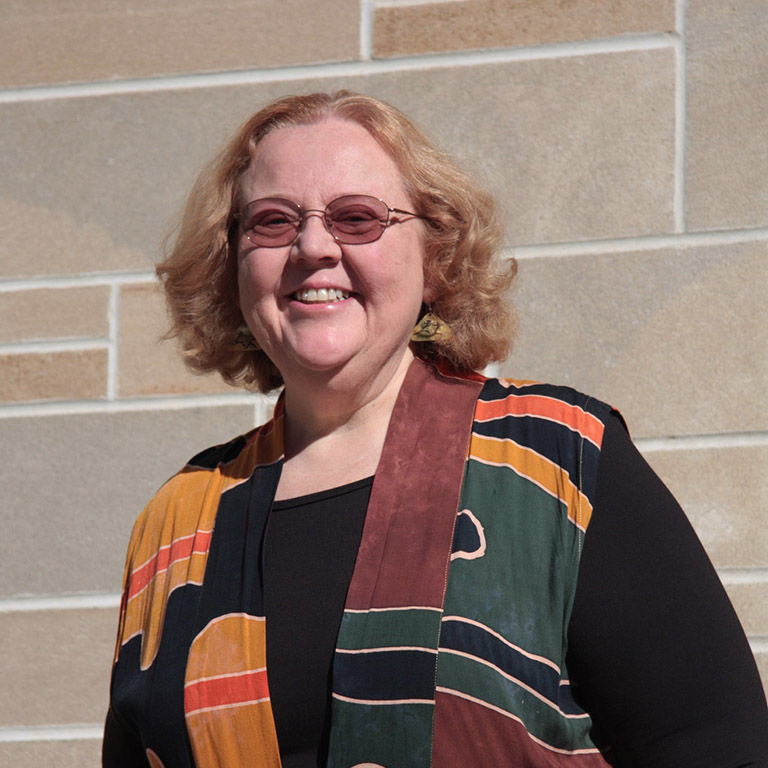- Ph.D., Anthropology, University of Michigan
- M.A., Biological Anthropology, University of Michigan
- B.S./B.A., Biology and Anthropology, Queens College

Virginia J. Vitzthum
Professor, Anthropology
Senior Research Scientist, The Kinsey Institute
Director, Evolutionary Anthropology (EVA) Laboratory
Affiliate Faculty, Gender Studies
Affiliate Faculty, Integrative Study of Animal Behavior
Affiliate Faculty, Latin American and Caribbean Studies


 The College of Arts
The College of Arts